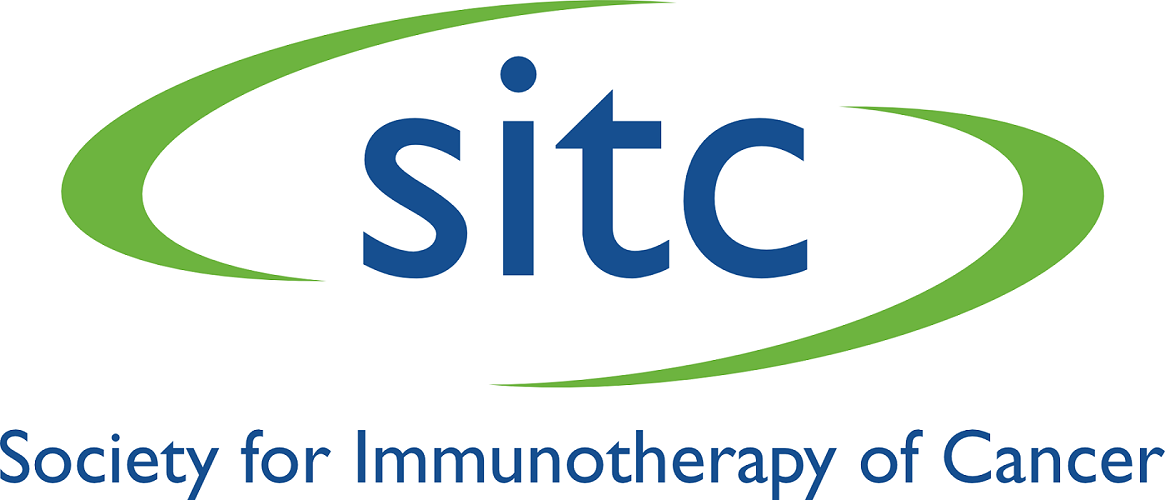Please note, this activity does not offer continuing education credit.
Course Description
This interactive online course is part of the Certificate in Cancer Immunotherapy program, produced by the Society for Immunotherapy of Cancer (SITC). The purpose of the certificate program is to provide hospitals, medical centers, third-party payers, referring physicians, trainees and patients with an identifiable designation for healthcare providers who can safely and effectively participate in administration of immunotherapies and manage patients treated with these approaches. View all eight modules of the program and a detailed description of the program here.
This course, Module 6: Oncolytic Viruses and Local Therapy, will cover the biological foundation and clinical implementation of intratumoral therapies and oncolytic viruses.
- Computer system hardware/software requirements: SITC connectED requires a modern web browser (Edge, Apple Safari, Google Chrome, Internet Explorer 7+) and the ability to listen to audio with the content.
Target Audience
The program is available to licensed physicians (U.S. licensed MD / DO or global equivalent). The courses and earning of the certificate (SITC-G; G = graduate) are also available to practicing, licensed NPs, PAs, and PharmDs or global equivalent. RPh degree holders are eligible if they are involved in direct clinical services. The courses are available to others who are not practicing clinicians, but they will not be eligible to earn the certificate.
Faculty
Brian Gastman, MD
Professor, Department of Surgery, School of Medicine
Member, Hematopoietic and Immune Cancer Biology Program, Case Comprehensive Cancer Center
Case Western Reserve University, Cleveland, OH
Department of Plastic Surgery
Cleveland Clinic Main Campus, Cleveland, OH
Ann Silk, MD, MS
Co-Director of the Merkel Cell Carcinoma Center of Excellence
Dana-Farber Cancer Institute, Boston, MA
Educational Objectives
| Topic | At the conclusion of this activity, the participant should be able to: |
| Basic Mechanisms of Oncolytic Viruses and Intralesional Therapy |
|
| Patient Selection and Monitoring for Oncolytic Virus Therapies and Intralesional Therapy |
|
| Management of Oncolytic Virus and Intralesional Therapy Adverse Events |
|
| Logistical and Biosafety Issues Associated with Oncolytic Virus Therapy |
|
Disclosure of Unlabeled Use
This educational activity may contain discussion of published and/or investigational uses of agents that are not indicated by the FDA. The planners of this activity do not recommend the use of any agent outside of the labeled indications. The opinions expressed in the educational activity are those of the faculty and do not necessarily represent the views of the planners. Please refer to the official prescribing information for each product for discussion of approved indications, contraindications, and warnings.
Disclaimer
Participants have an implied responsibility to use the newly acquired information to enhance patient outcomes and their own professional development. The information presented in this activity is not meant to serve as a guideline for patient management. Any procedures, medications, or other courses of diagnosis or treatment discussed or suggested in this activity should not be used by clinicians without evaluation of their patient’s conditions and possible contraindications and/or dangers in use, review of any applicable manufacturer’s product information, and comparison with recommendations of other authorities.
Satisfactory Completion
Learners must listen to each self-directed audio recording while following along with the visual slides/read the articles, pass the post-test with a score of 80% or higher (unlimited attempts) and complete an evaluation form to receive a certificate of completion.
